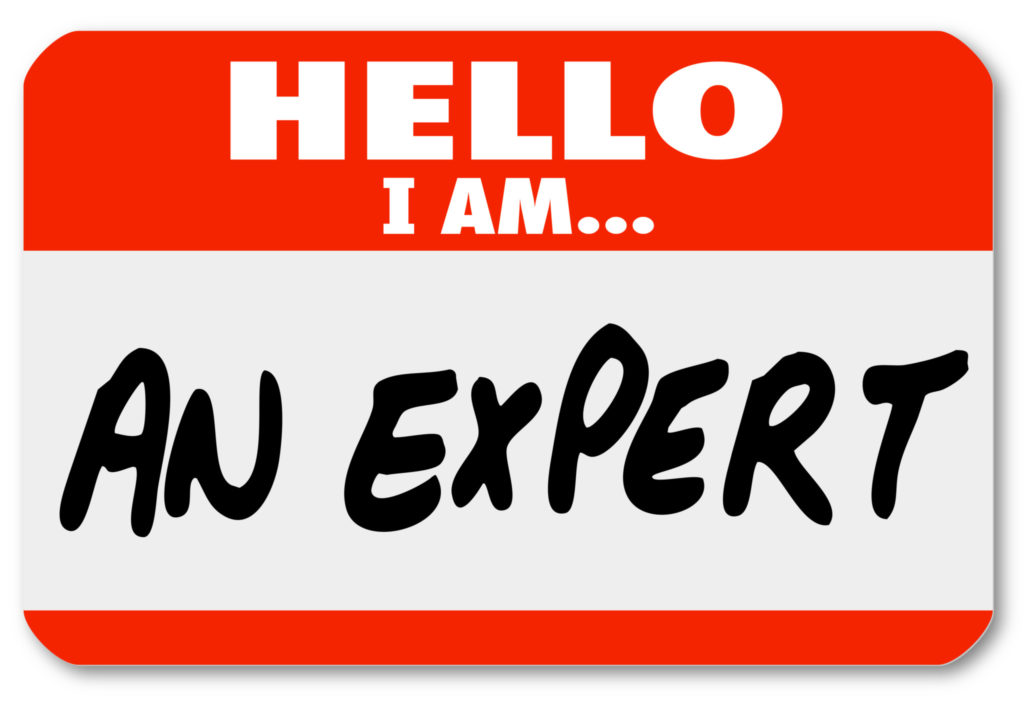If there is a theme that connects most commencement speeches, it is “follow your passion.” We have a limited time on Earth, and to be happy, we’re told that we must find what we love and never stop looking. Here’s Steve Jobs from his 2005 commencement speech at Stanford:
You’ve got to find what you love…. [T]he only way to do great work is to love what you do. If you haven’t found it yet, keep looking, and don’t settle.
In his book, So Good They Can’t Ignore You: Why Skills Trump Passion in the Quest for Work You Love, Georgetown computer science professor Cal Newport debunks the “follow your passion” myth. Here’s Newport:
The passion hypothesis is not just wrong, it’s also dangerous. Telling someone to “follow their passion” is not just an act of innocent optimism, but potentially the foundation for a career riddled with confusion and angst.
It turns out that even Steve Jobs didn’t follow his own advice. If Jobs had pursued only work that he loved, he would have been a Zen Buddhist, not the founder of Apple Computer. Newport details how Apple Computer was not born out of passion, but instead from a lucky break that unexpectedly took off.
Newport argues that, to create meaningful work, we must obsessively focus on improving the quality of what we offer to the world, in whatever it is that we do. He shows that people who are happiest in their jobs are not those who followed their passion—chronically bouncing from one job to another to find the elusive “right” fit—but those who stuck with their pursuit long enough to become great at what they do.
Becoming great at what you do requires deliberate practice, which can be quite painful:
Deliberate practice is often the opposite of enjoyable. I like the term “stretch” for describing what deliberate practice feels like, as it matches my own experience with the activity. When I’m learning a new mathematical technique—a classic case of deliberate practice—the uncomfortable sensation in my head is best approximated as a physical strain, as if my neurons are physically re-forming into new configurations. As any mathematician will admit, this stretching feels much different than applying a technique you’ve already mastered, which can be quite enjoyable. But this stretching, as any mathematician will also admit, is the precondition to getting better. This is what you should experience in your own pursuit of “good.” If you’re not uncomfortable, then you’re probably stuck at an “acceptable level.”
In the book, Newport chronicles a number of masters of deliberate practice. Among them is the comedian Chris Rock:
Rock, it turns out, will make somewhere between forty to fifty unannounced visits to a small New Jersey–area comedy club to help him figure out which material works and which doesn’t. [H]e shows up on stage with a yellow legal pad, working through different jokes, taking notes on the crowd’s reaction. Most of the material falls flat. It’s not uncommon for Rock to look up and say, “This needs to be fleshed out more,” while the crowd laughs at the awkwardness of Rock’s flops. But these little failures, combined with the little victories of the jokes that connect, provide the key information required for Rock to put together an extraordinary set.
Deliberate practice is increasingly rare in a society that seeks instant gratification and despises failure. It rarely yields clear answers. It requires mental strain. It also involves frequent failure. It’s much easier to empty your email inbox than to engage in the type of painful work that requires deliberate practice.
Yet, deep down, everyone knows how to engage in deliberate practice. It’s the same process you followed as a toddler learning to walk. You first began to crawl. You practiced that for a while. You then tried to stand up. You fell. You tried to stand up again. You fell harder. You eventually began to walk, but only a few steps at first, before you stumbled again. With enough deliberate practice, you mastered the art of walking.
In the book, Newport provides a blueprint for channeling this childlike determination. I found this method particularly helpful:
“I am going to work on this for one hour,” I would tell myself. “I don’t care if I faint from the effort, or make no progress, for the next hour this is my whole world.” But of course I wouldn’t faint and eventually I would make progress. It took, on average, ten minutes for the waves of resistance to die down. Those ten minutes were always difficult, but knowing that my efforts had a time limit helped ensure that the difficulty was manageable.
Career satisfaction comes only after you build expertise at what you do. Consider, for example, the path followed by Alan Lightman, a MIT physics professor turned writer:
Lightman started as a traditional physicist but was writing on the side—both fiction and nonfiction that grappled with the human side of science. He’s perhaps best known for his bestselling, award-winning novel, Einstein’s Dreams, though he’s written many other books, and his essays have appeared in basically every important American literary publication. Lightman’s career is based on his mission to explore the human side of science, and this led him to fascinating places. He left behind the grueling MIT physics tenure track to become the first professor in the Institute’s history to be dual-appointed in both science and humanities. He helped develop MIT’s communications requirement and then went on to found its graduate science-writing program. By the time I met Lightman, he had shifted to an adjunct-professor position, providing him even more freedom in his schedule, and had crafted for himself an impressively unburdened life of the mind. He now teaches writing courses that he designed and that focus on issues he thinks are important. He has freed himself from the need to be constantly seeking grant money or publications. He spends his summers with his family on an island in Maine—a location with no phone, TV, or Internet—presumably thinking big thoughts while basking in the sublimity of his surroundings. Most impressive to me, Lightman’s contact page on his official MIT website gives the following disclaimer: “I don’t use e-mail”—a move toward simplicity that a less famous academic would never get away with.
If I could provide one advice to every graduating student, I would tell them to skip the commencement speech and read Cal Newport’s book instead.
Grab a copy here.




